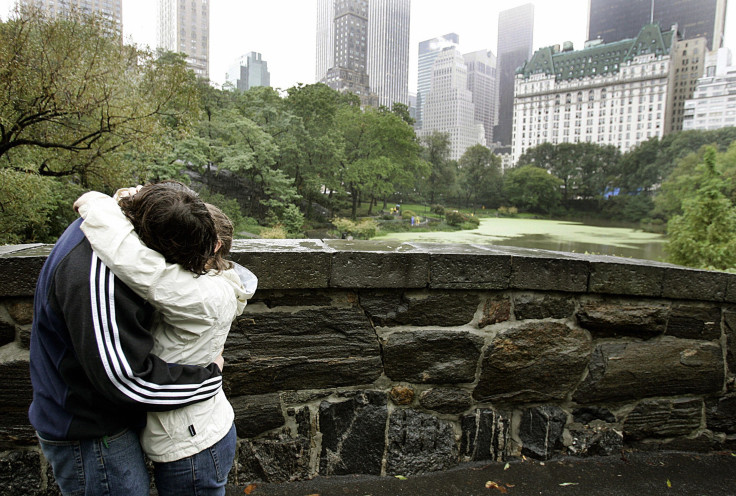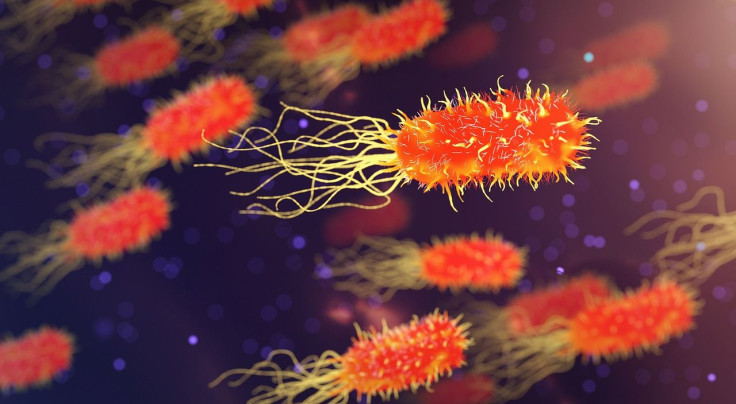Scientists Discover Clouds Carrying Drug-Resistant Bacteria

Even clouds are not safe from drug-resistant bacteria. This is what scientists recently found when they examined the mass of water drops suspended in the atmosphere.
In a study published in the journal Science of The Total Environment, researchers from Laval University in Quebec City and Clermont Auvergne University in central France discovered drug-resistant bacteria genes in cloud samples.
The team of Canadian and French scientists took the samples from an atmospheric research station situated 1,465 meters (4,806 feet) above sea level at the Puy de Dome summit, a dormant volcano in central France.
After analyzing data from samples collected between September 2019 and October 2021, the team found between 330 and over 30,000 bacteria per milliliter of cloud water or an average of 8,000 bacteria per milliliter.
During their examination of the samples, they also identified 29 subtypes of drug-resistant genes in the bacteria. This meant the bacteria might have gotten exposed to antibiotics at one point before developing immunity against the drugs.
"These bacteria usually live on the surface of vegetation like leaves, or in soil," lead author Florent Rossi was quoted as saying in a report.
"We found that they are carried by the wind into the atmosphere and can travel long distances — around the world — at high altitudes in clouds," he added.
Health authorities have warned of this "major sanity concern worldwide" before, blaming the surge in the usage of antibiotics in health care and agriculture.
Similar to wastewater testing for COVID-19 and other microbes, atmospheric monitoring could help direct authorities to places with large numbers of drug-resistant bacteria.
However, the study did not indicate the potential health effects of the presence of bacteria with drug resistance in the atmosphere. The researchers estimated that only 5% to 50% of the pathogens could be living and potentially active in the clouds.
"The atmosphere is very stressful for bacteria, and most of those we found were environmental bacteria. So people shouldn't be afraid to go for a walk in the rain," Rossi explained.




























